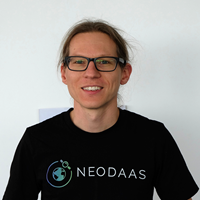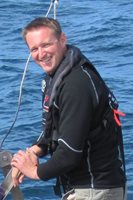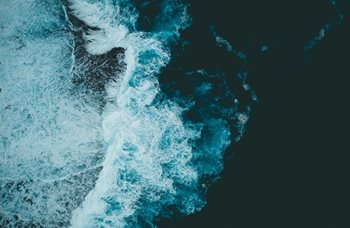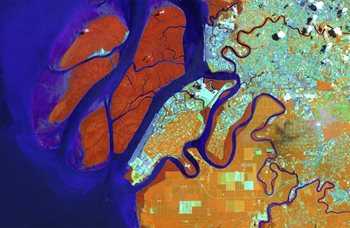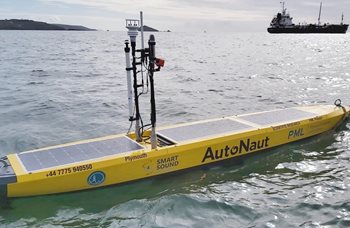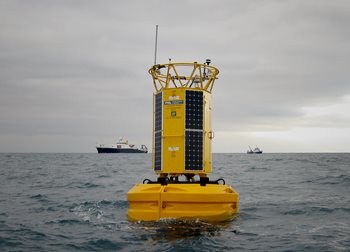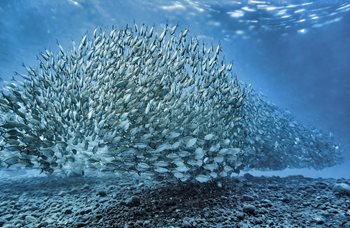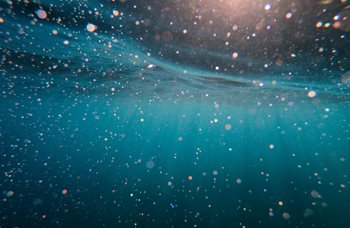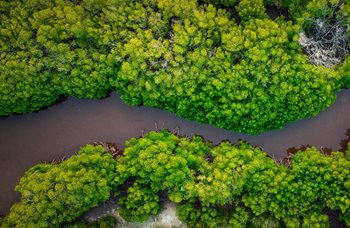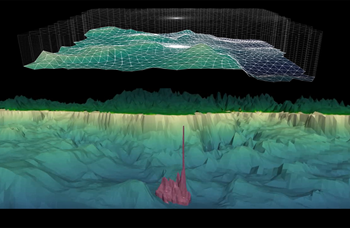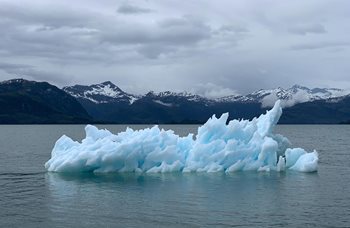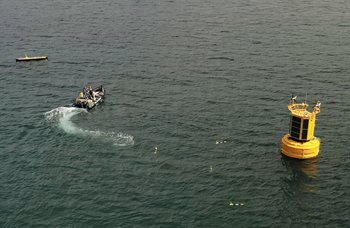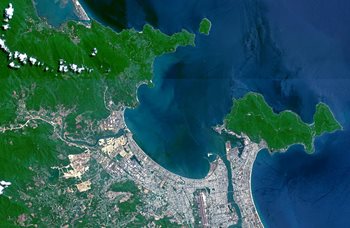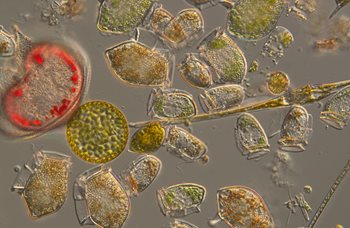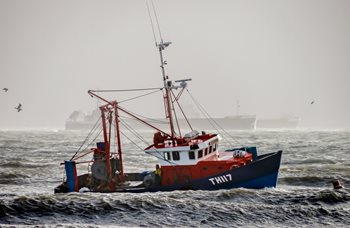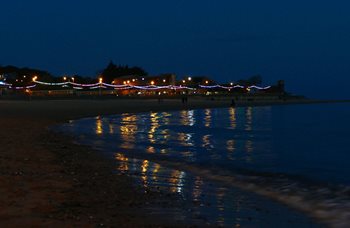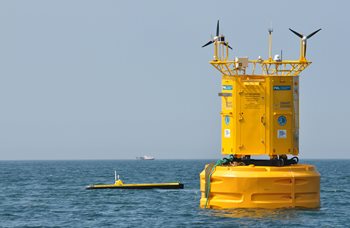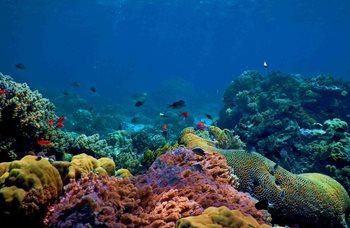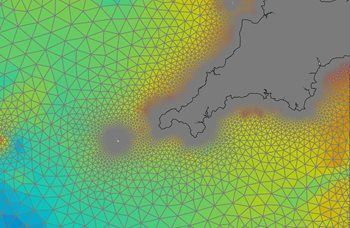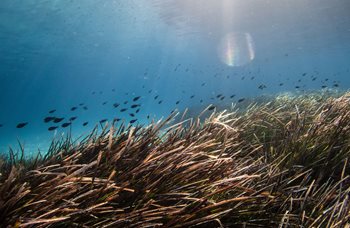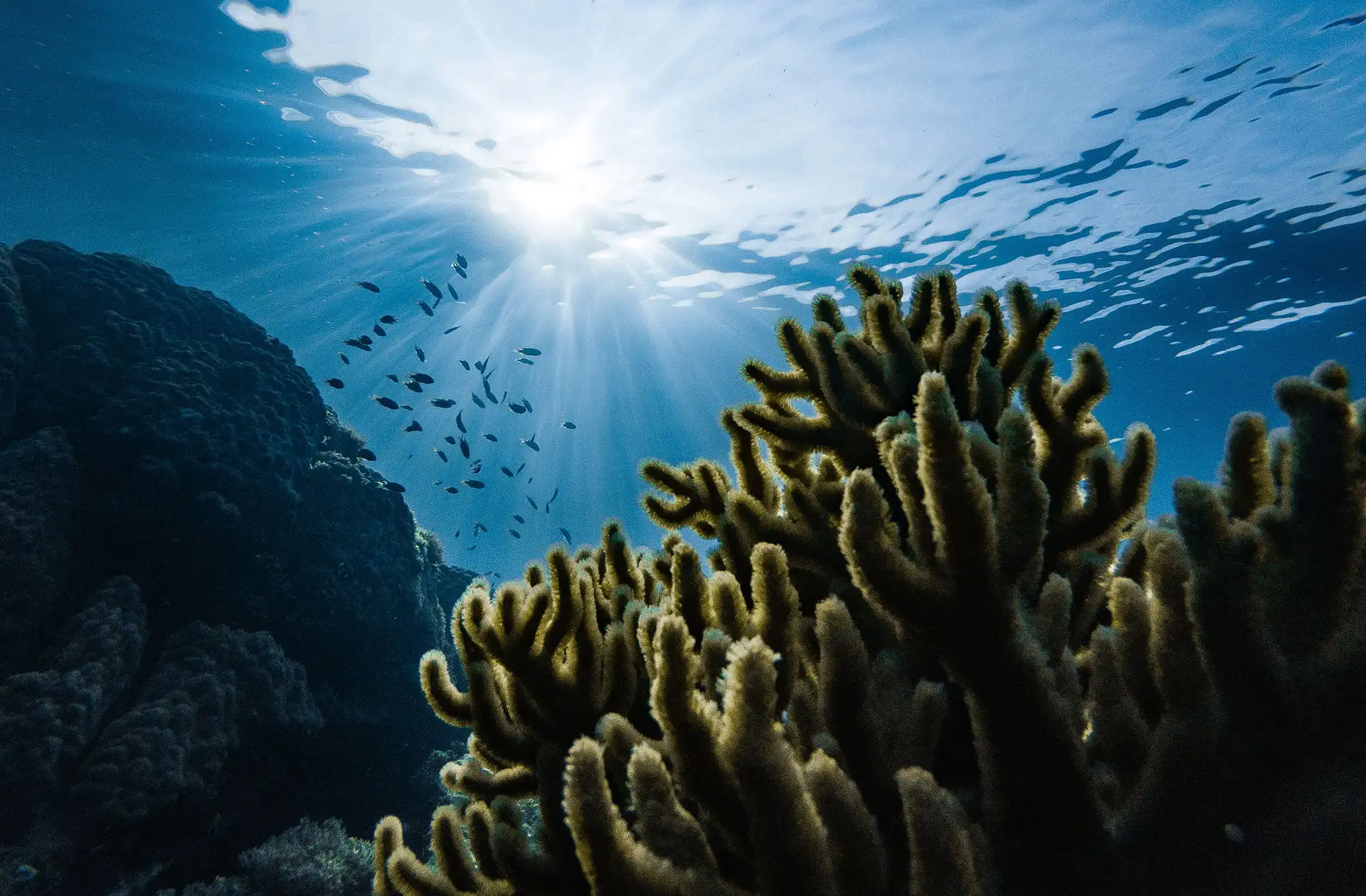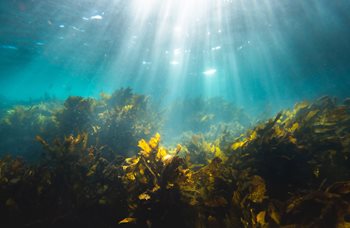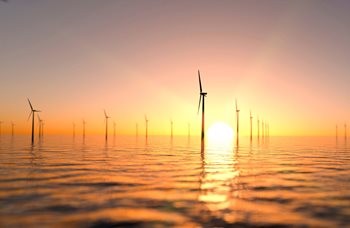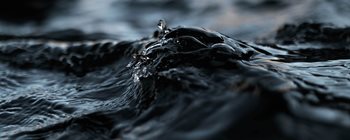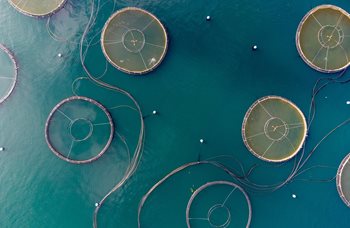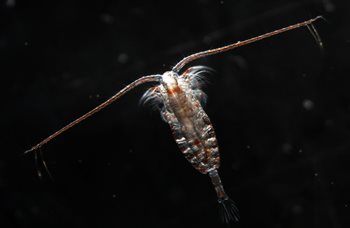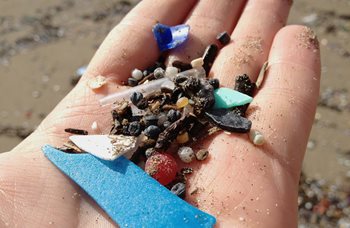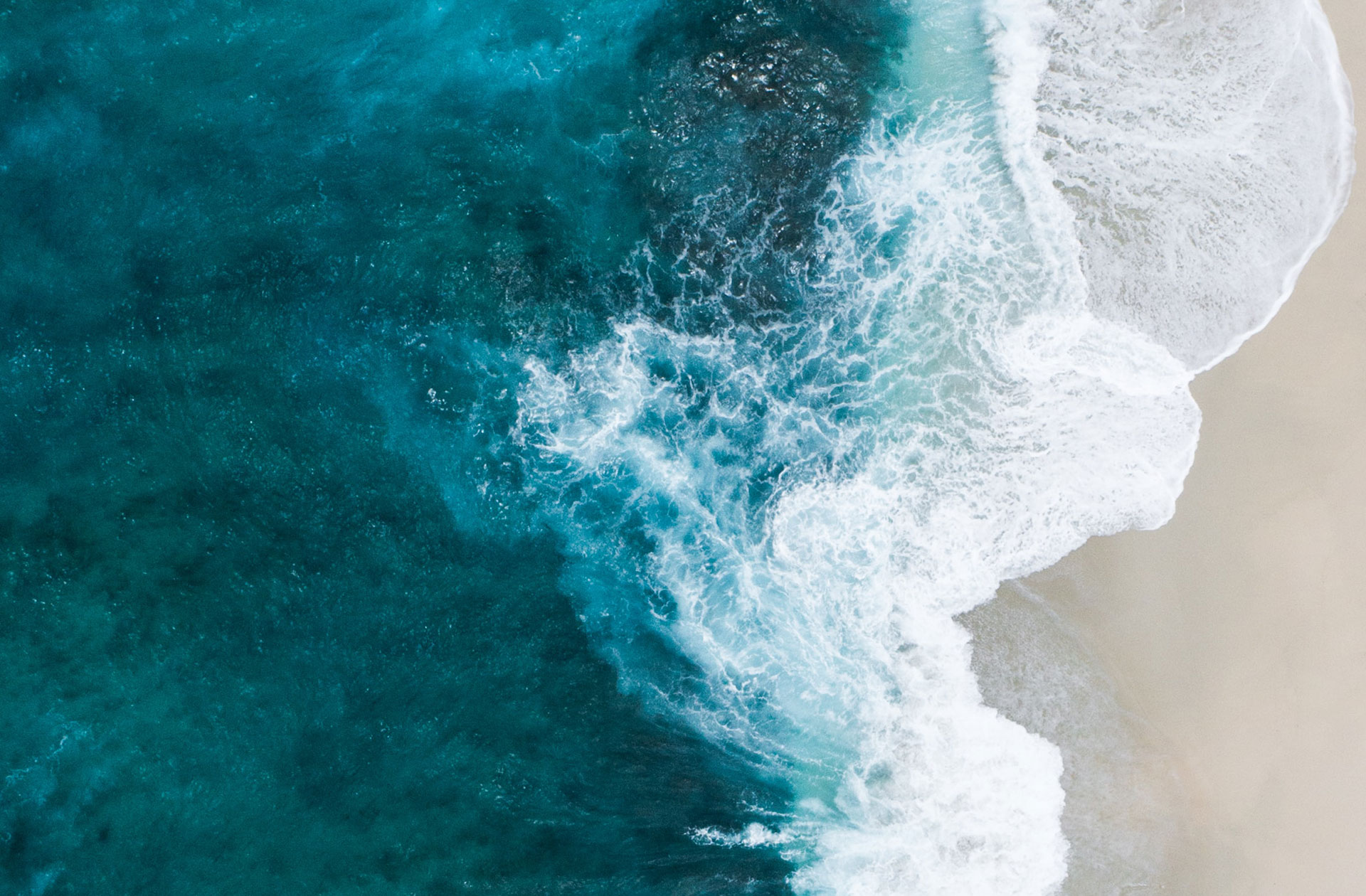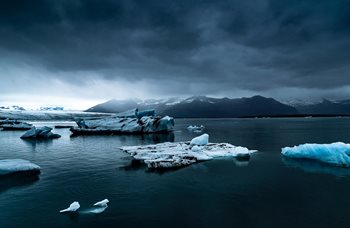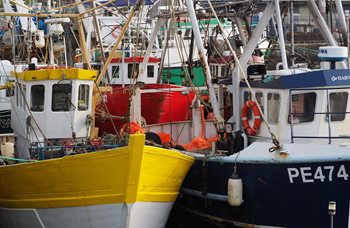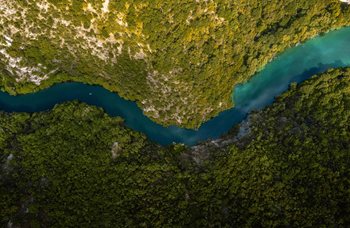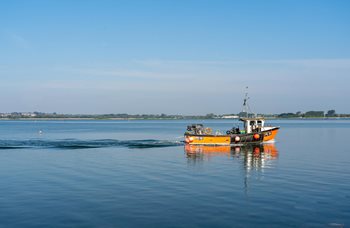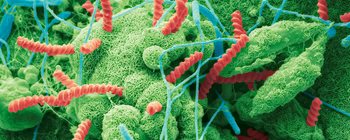Science Group
Digital Innovation and Marine Autonomy
Delivering world-class and cutting edge marine and Earth Observation research through the expert delivery of data services and the provision of innovative solutions using digital and autonomous technologies.
Digital Innovation and Marine Autonomy (DIMA), is a pioneering science group dedicated to advancing marine and Earth Observation research through the utilisation of state-of-the-art digital and autonomous technologies. We are passionate about pushing the boundaries of scientific exploration and delivering innovative solutions that shape the future of marine and environmental studies.
At DIMA, our team of dedicated experts combines their deep knowledge of marine science with expertise in data services and digital innovation. By leveraging the power of advanced technologies, we strive to revolutionise the way we observe, monitor, and understand the world's oceans and their interconnected ecosystems.
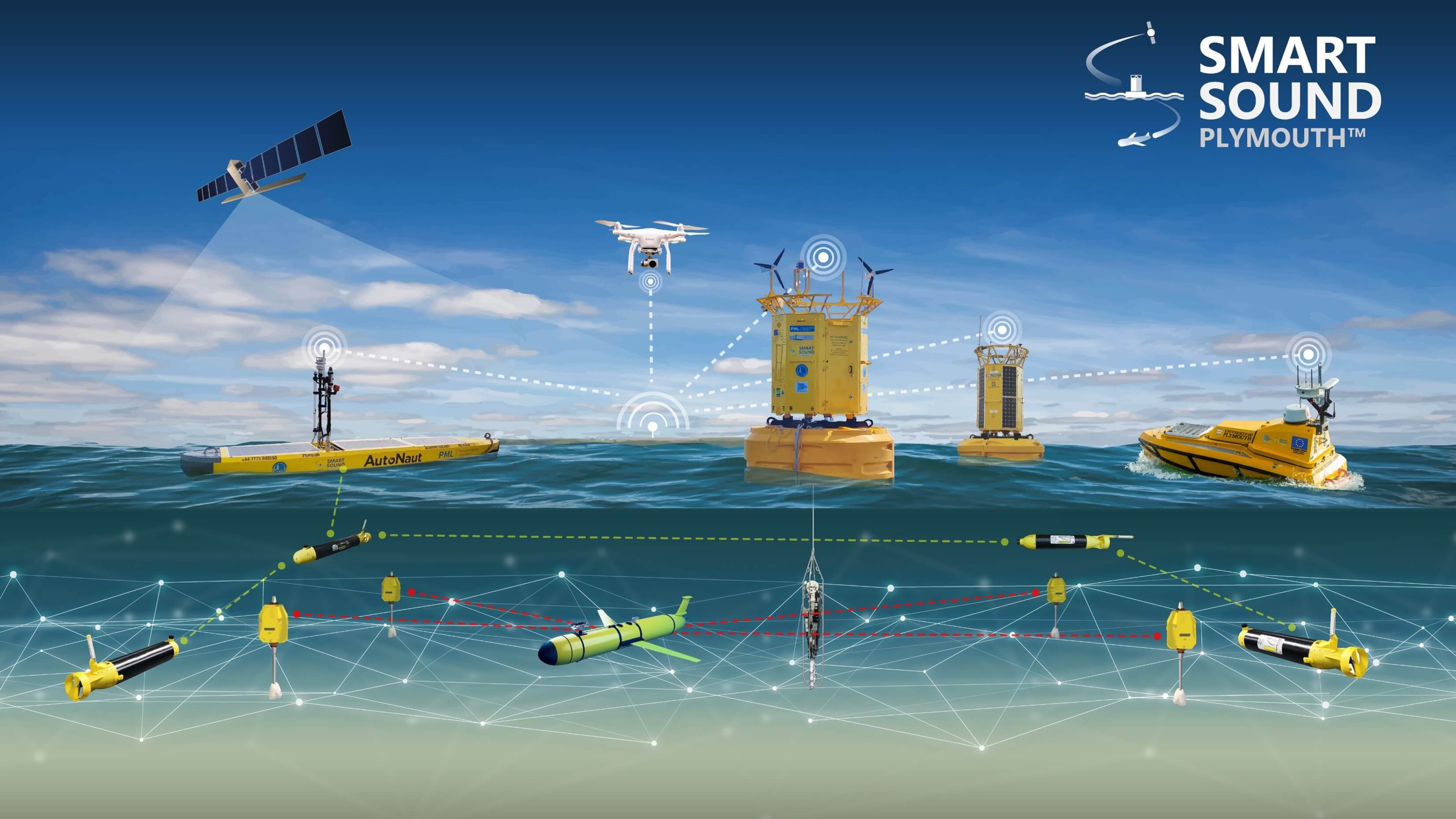
DIMA's Aims:
-
World-class Research: DIMA is committed to conducting cutting-edge research in marine and Earth Observation. Our multidisciplinary team collaborates closely with leading scientific institutions and industry partners to stay at the forefront of technological advancements and contribute to the global scientific community.
-
Data Services: We specialise in the delivery of high-quality data services that empower researchers, policymakers, and stakeholders to make informed decisions. Through our extensive data collection and analysis capabilities, we provide valuable insights into marine ecosystems, climate change, and environmental dynamics.
-
Innovative Solutions: As pioneers in digital innovation and marine autonomy, we continuously develop innovative solutions that address complex challenges in marine research. Our expertise ranges from developing autonomous marine vehicles and sensor networks to designing cutting-edge data analysis algorithms and visualization tools.
Areas of Focus:
-
Autonomous Marine Systems: We design, develop, and deploy autonomous marine systems that enable efficient and precise data collection in challenging marine environments. These systems include unmanned underwater vehicles (UUVs), autonomous surface vessels (ASVs), and remotely operated vehicles (ROVs), equipped with advanced sensors for data acquisition.
-
Earth Observation: Leveraging satellite imagery and remote sensing techniques, we extract valuable information about the Earth's oceans, coastlines, and marine ecosystems. Our Earth Observation capabilities enable us to monitor changes, such as sea surface temperature, ocean currents, marine biodiversity, and pollution levels, providing crucial data for scientific analysis and conservation efforts.
-
Data Analytics and Visualisation: Our team excels in analysing vast volumes of marine and environmental data, employing cutting-edge data analytics techniques and artificial intelligence algorithms. We translate complex datasets into actionable insights and visually compelling representations, enabling stakeholders to understand and communicate scientific findings effectively.
PML Project pages
-
APICS
-
Combining Autonomous observations and Models for Predicting and Understanding Shelf seas
-
Environmental Monitoring at Calstock flood defence improvement scheme
-
Monitoring Integrated Digital Support Tool - for CO2 and hypersaline brine monitoring applied to UK
-
NERC Earth Observation Data Analysis and Artificial-Intelligence Service (NEODAAS)
-
Oceanus
-
Western Channel Observatory (WCO)
Resources and Links
PML leads Smart Sound Plymouth
Smart Sound Plymouth is Britain's platform for innovative marine technology development and is led by Dr James Fishwick from PML. It is Britain’s premier proving area for designing, testing and developing cutting edge products and services for the marine sector, and is ideally suited for building and supporting the next generation of advanced marine technologies.
PML is a founding board member of Ocean Futures
Ocean Futures is a global centre of excellence for the testing, development and manufacture of autonomy, digital and clean ocean technologies for the rapidly growing global ocean economy, as a key pillar of the country’s ambition to be a science and innovation superpower, with activity focussed on:
- Autonomy – leading the demonstration and integration of marine autonomous systems for applications in defence, offshore renewable energy, aquaculture and emerging ocean economy application, estimated to be a £103bn market by 2030.
- Digital Oceans – transforming our understanding of the ocean environment and safeguarding future maritime operations with integrated digital marine communications.
- Maritime Net Zero – leading the transition to safe and secure maritime operations that will embrace a variety of alternative energy sources bespoke to vessel type and operation.
People who work in this area of research
Dr Dan Clewley
Senior Research Software Engineer
dac@pml.ac.uk
Professor James Fishwick
Head of Smart Sound Plymouth and Head of Operations and Technology, Western Channel Observatory
jrfi@pml.ac.uk
William Jay
Geospatial Research Software Engineer
wja@pml.ac.uk
Dr Thomas Mansfield
Data Systems Architect
tma@pml.ac.uk
Dr Nicola Martin
Senior Earth Observation Research Software Engineer
nima@pml.ac.uk
Aser Mata
Earth Observation Scientist
asm@pml.ac.uk
Jane Netting
Research Software Engineer
jatt@pml.ac.uk
Dr Benjamin O'Driscoll
Data Visualisation and GIS Developer
bod@pml.ac.uk
Professor Matthew Palmer
Head of Science - Digital Innovation & Marine Autonomy
mpa@pml.ac.uk
Peter Walker
Remote Sensing scientist
petwa@pml.ac.uk
